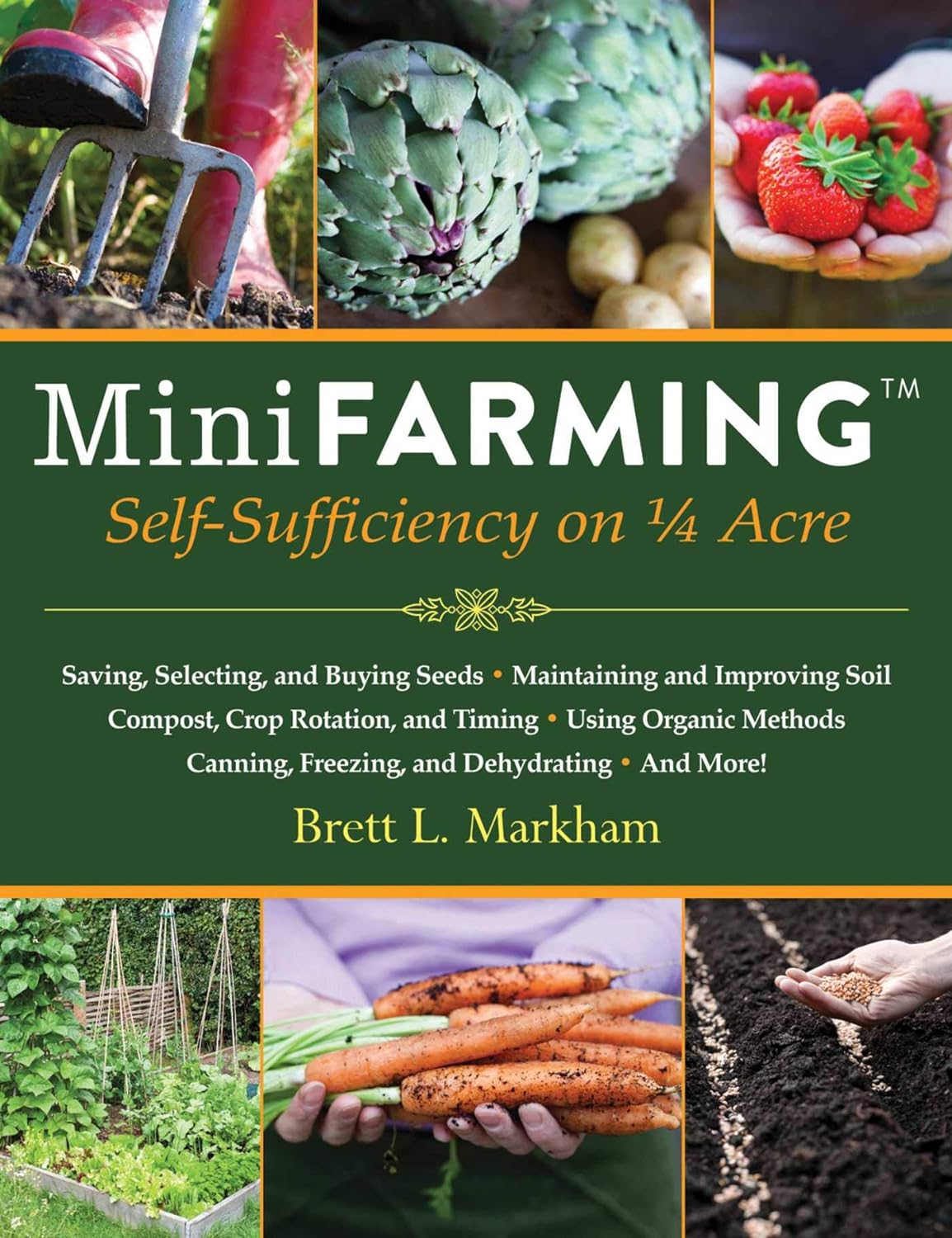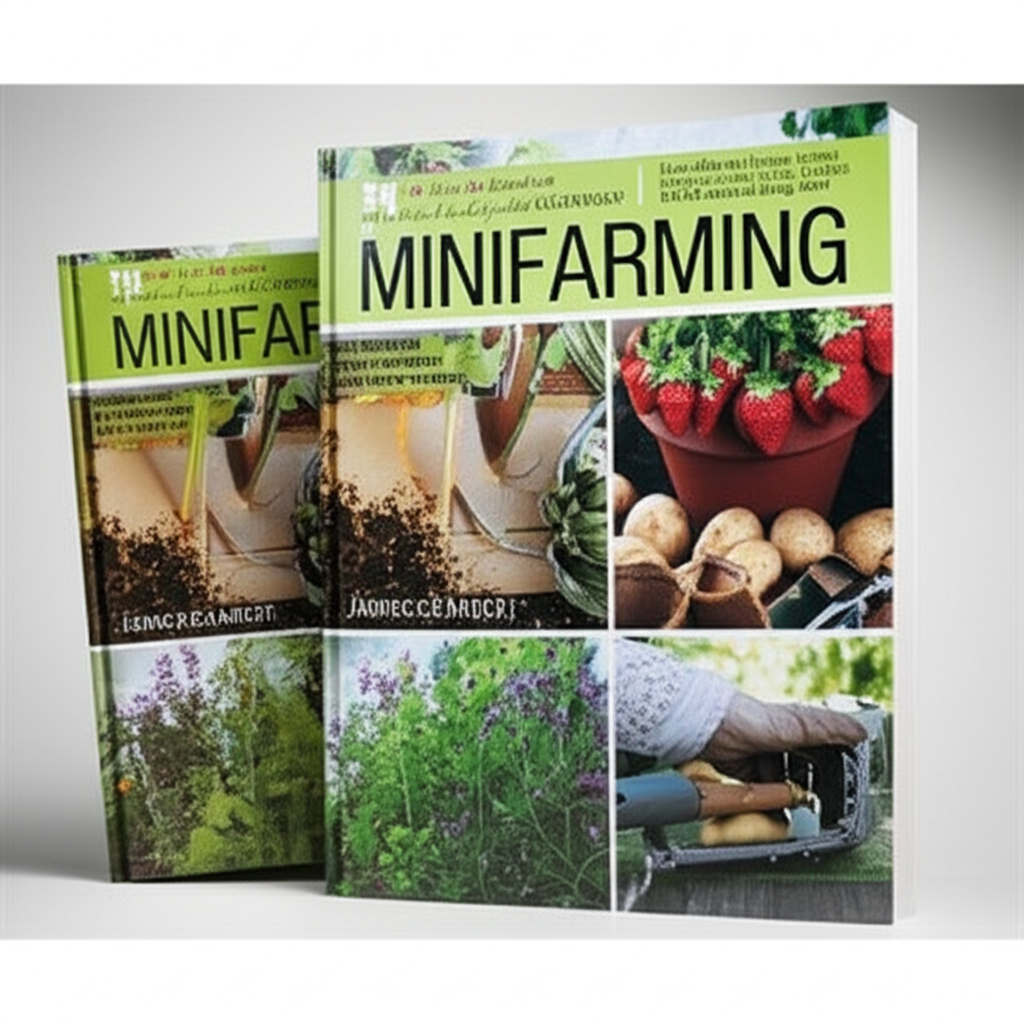Mini Farming on 1/4 Acre: Grow Your Own Food & Live Self-Sufficiently!
🔍 At a Glance
Ever dreamt of growing your own food, but thought you needed acres? "Mini Farming: Self-Sufficiency on 1/4 Acre" promises to make that dream a reality, even if your backyard feels more like a postage stamp. I picked it up hoping for practical guidance on maximizing a small space, and it absolutely delivers on big yields from humble plots.
This book genuinely impressed me with its comprehensive yet approachable style. It brilliantly balances essential detail with an easy-to-read flow, making complex topics like garden planning and pest control totally digestible without information overload. Its greatest strength is the practical, experience-based guidance for maximizing a small footprint. My only minor gripe: some sections, like "Time and Yield," felt a little too brief, especially for specific climate needs.
So, who is "Mini Farming" for? If you're new to small-scale farming or feel overwhelmed by limited space, this book is an absolute goldmine. It’s a fantastic starting point for achieving self-sufficiency. Definitely pick it up if you're ready to turn your small plot into a productive powerhouse.

📣 Our Take
Broadly covers essential garden planning, management, pest control, and animal husbandry aspects.
The book is well-organized and presented in an easy-to-read, non-overwhelming style.
Provides practical, experience-based advice, including unique methods and flexible alternatives.
Some crucial chapters, like 'Time and Yield,' are noted as too brief and lacking sufficient detail.
Excessive illustrations unnecessarily inflate the book's length, despite some being pertinent.
✅ What We Like
- Provides practical guidance for maximizing food production on limited land.
- Offers actionable strategies aimed at achieving self-sufficiency.
- Specifically tailored for efficient farming within a 1/4 acre footprint.
- Serves as a valuable resource for individuals new to small-scale farming.
⚠️ Things to Note
- Information may be too generalized for specific regional climates or soil conditions.
- Achieving full self-sufficiency could require resources beyond the book's scope.
- Does not cover advanced techniques or applications for larger commercial farms.
